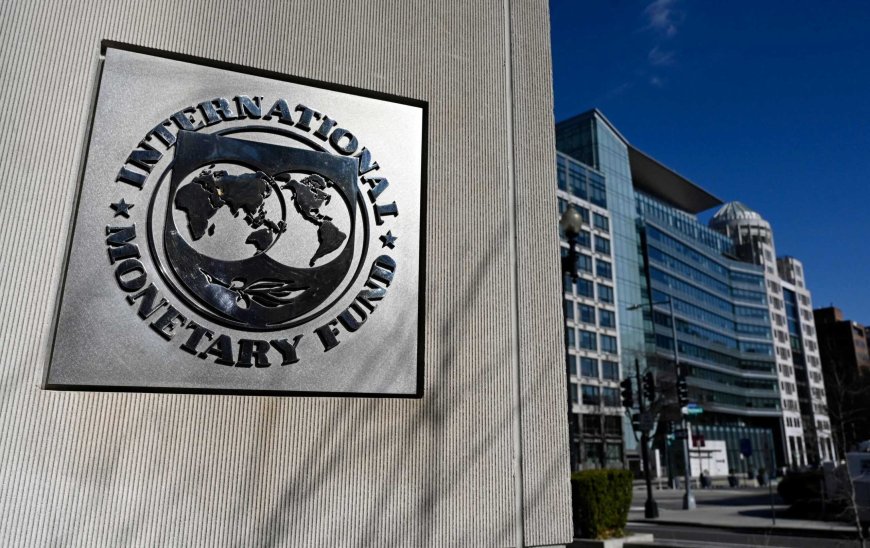Fighting Inflation: IMF Says Central Banks May Need to Consider Financial Stability in Policy Decisions
In the ongoing battle against inflation, the International Monetary Fund (IMF) has urged central banks to factor financial stability into their monetary policy decisions. This recommendation comes as global inflationary pressures remain persistent, challenging policymakers to strike a delicate balance between curbing price increases and maintaining economic stability.

Inflation has surged worldwide due to a combination of supply chain disruptions, geopolitical tensions, and expansionary fiscal policies implemented during the COVID-19 pandemic. While central banks have traditionally relied on interest rate hikes to combat inflation, the IMF warns that aggressive tightening could pose risks to financial stability, potentially triggering economic contractions or financial market turmoil.
A Shift in Monetary Policy Strategy
Historically, central banks have focused primarily on price stability, aiming to keep inflation within target ranges. However, the IMF suggests that, given current uncertainties, a more nuanced approach is required—one that integrates financial stability considerations into monetary policy frameworks.
A key concern is that rapid interest rate hikes could stress banking systems, especially those with high levels of corporate and household debt. Such actions might lead to liquidity constraints, reduced lending activity, and an increased risk of financial crises.
The IMF’s Recommendations
To navigate these complexities, the IMF outlines several policy recommendations:
-
Gradual and Data-Driven Tightening: Rather than abrupt rate hikes, central banks should adopt a gradual and data-dependent approach, allowing for adjustments based on economic conditions.
-
Enhanced Coordination with Financial Regulators: Monetary authorities should work closely with financial regulators to monitor vulnerabilities in the banking and corporate sectors, ensuring that monetary policy decisions do not inadvertently trigger financial instability.
-
Targeted Liquidity Support: In cases where financial stress emerges, central banks may need to provide targeted liquidity support to prevent systemic risks while continuing their fight against inflation.
-
Clear Communication Strategies: Transparent and forward-looking communication can help anchor market expectations and reduce volatility, minimizing the risks of sudden capital outflows or credit contractions.
The Global Implications
The IMF’s stance reflects a broader shift in economic policymaking as central banks reassess traditional inflation-targeting frameworks. Emerging markets, in particular, face heightened risks, as higher borrowing costs and capital flight can exacerbate financial vulnerabilities. Meanwhile, advanced economies must navigate the trade-offs between controlling inflation and preventing financial instability in highly leveraged markets.
As inflation continues to challenge global economies, the IMF’s guidance underscores the need for a balanced and adaptive policy approach. Central banks must remain vigilant, considering both inflation control and financial stability to ensure sustained economic growth and resilience in an increasingly uncertain world.
What's Your Reaction?




















































































